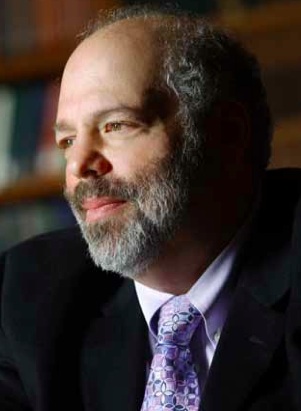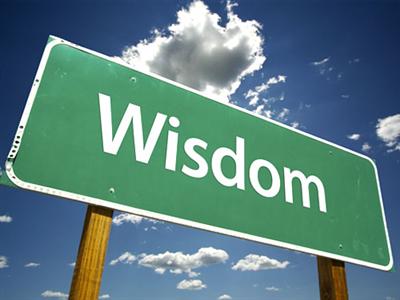 I’m still bothered by all the hype awhile back about antidepressants not working any better than sugar pills because I know that the people who need treatment–possibly those that will go on to take their lives–read that story and decided there was no hope in medicine.
I’m still bothered by all the hype awhile back about antidepressants not working any better than sugar pills because I know that the people who need treatment–possibly those that will go on to take their lives–read that story and decided there was no hope in medicine.
That’s why I like to publish insightful articles like the one I found in John Hopkin’s newsletter, “Hopkins Brain Wise.” They included an interview with Glenn Treisman, professor of psychiatry and internal medicine who is best known internationally for his care of psychiatrically ill HIV-infected patients. Here’s the interview:
Q. These studies are dangerous, you say.
Dr. Treisman: Ten to 20 percent of people with major depression died by suicide before widespread antidepressant use. Depression doubles your risk for cardiovascular death after a heart attack, stroke, HIV. I’d say discouraging people from taking good medication for depression is dangerous.
Q. So what’s the problem with the studies?
Dr. Treisman: Deep down, it’s failing to recognize that there’s bias in the way we select people for drug trials. In early studies of antidepressants, we were very exclusive. We’d
use what’s called research diagnostic criteria (RDC) that made sure someone had major depression before entering a trial. It’s a bit like a surgeon being totally convinced someone has appendicitis before doing surgery. And in those settings, antidepressants are good: 75 percent of people get better.
But because major depression can be so deadly, and because we have no unequivocal test for it, we err on the side of over-diagnosis and treatment. We’ve become inclusive. The clinical criteria in our DSM [Diagnostic and Statistical Manual] for example, aim not to miss anyone who might have depression. But using inclusive DSM criteria for our trials, as we do today, means we include a lot of people with depressive symptoms who don’t have major depression. It’s just as, in the 1950s, some people had surgeries without having appendicitis when their surgeons weren’t sure.
Q. So?
Dr. Treisman: What happens is that more people–the ones without the true depression the drug’s intended for– report feeling better. Between 1980 and 2000, for example, the placebo response in antidepressant trials jumped from 20 percent to 40 percent. And when you allow for a margin of error, it starts to look like there’s no difference between the drug and placebo. But that’s wrong. The antidepressants work for true depression, even if it’s mild.
Q. And your confidence comes from…
Dr. Treisman: A critical review of new and older literature. My years as a psychiatrist. But if you doubt me, think of the evidence pharma companies have to present to the FDA. By the time firms get to the point of getting a new drug registered, they have tons of phase I and II trials and basic science showing these drugs work. They know they work. Registration trials are too costly for mights and maybes.
Q. You’re eager for a last word.
Dr. Treisman: The take-home message is that doctors who prescribe need to be critical thinkers. Each patient is entitled to expert tailored treatment, not a recipe derived from the average response from the average clinical trial subject.
* Click here to subscribe to Beyond Blue and click here to follow Therese on Twitter and click here to join Group Beyond Blue, a depression support group. Now stop clicking.

